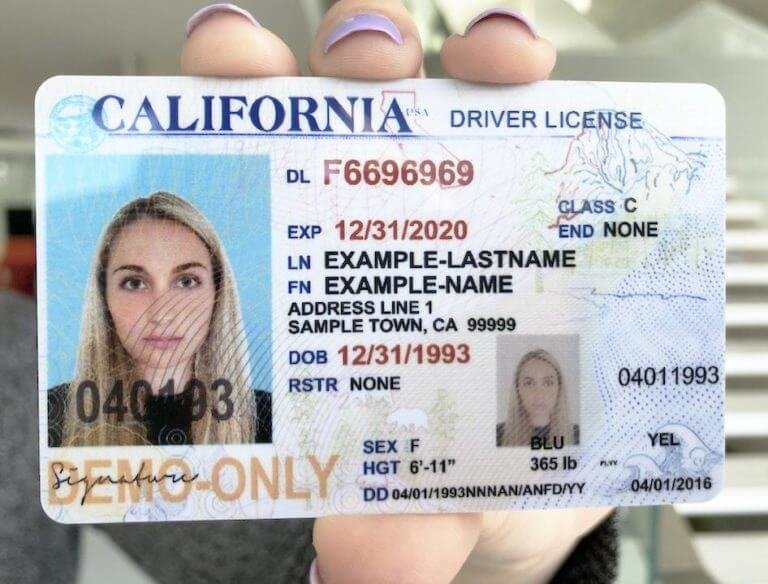In today’s interconnected world, fake identity cases are becoming increasingly prevalent, posing significant challenges in various sectors, particularly in employment. Employers must remain vigilant about identifying and mitigating these risks to safeguard their workforce, reputation, and operations. This article delves into fake identity cases, their implications for employment law, and strategies to prevent and handle such incidents effectively.
What Are Fake Identity Cases?
Fake identity cases refer to instances where individuals deliberately use false, stolen, or altered identities for personal gain or to conceal their true selves. These cases can involve fake names, fraudulent documents, or stolen Social Security numbers.
In the employment landscape, fake identity cases can lead to unlawful hires, payroll fraud, and legal risks for businesses.
Why Are Fake Identity Cases a Growing Concern in Employment?
With advancements in technology, forging documents and creating convincing fake identities has become easier than ever. For employers, this means an increased likelihood of hiring individuals who misrepresent their identities, leading to compliance issues and security risks.
- Background Check Challenges: Fake identities often bypass standard background checks, exposing employers to unverified hires.
- Legal Liabilities: Companies can face penalties if they unknowingly hire individuals without proper authorization.
- Trust Issues: Employees working alongside someone with a fake identity may feel uneasy, affecting workplace morale.

The Legal Implications of Fake Identity Cases
Fake identity cases intersect with multiple facets of employment law, highlighting the importance of due diligence during hiring and employment. Here are the key legal considerations:
1. Violations of Immigration Laws
Hiring an individual using a fake identity may result in violations of immigration laws, particularly if the individual lacks authorization to work in the country. Employers are obligated under federal law to verify the identity and employment eligibility of every employee.
2. Breach of Employment Contracts
If an employee provides fake credentials or a false identity, any employment agreement they signed could be rendered void, as it was based on fraudulent information.
3. Data Breach Risks
Employees using fake identities might pose a higher risk of data theft or fraud, potentially exposing employers to liability under data protection laws.
4. Workplace Safety Concerns
Fake identities could mask criminal histories, putting other employees at risk.
Also Read: Understanding Business Negligence Laws
Real-Life Examples of Fake Identity Cases in Employment
Case Study 1: The Stolen Identity Scandal
In a widely publicized case, a corporation hired an individual who used a stolen identity. The issue was uncovered during an IRS audit, leading to fines and reputational damage for the company.
Case Study 2: Fabricated Credentials in Healthcare
A fake identity case in the healthcare sector involved an individual working under forged qualifications. This led to malpractice and legal actions against the employer for negligence.
How to Prevent Fake Identity Cases in the Workplace
Preventing fake identity cases requires a combination of robust verification processes, technology, and employee training. Here are actionable steps employers can take:
1. Conduct Rigorous Pre-Employment Screening
Invest in thorough background checks, including verification of Social Security numbers, previous employment, and educational qualifications.
2. Leverage Technology
Use advanced identity verification tools like biometric screening, blockchain-based ID systems, or AI-driven document verification to detect fake identities.
3. Implement a Comprehensive Onboarding Process
Ensure all new hires undergo a detailed onboarding process that includes identity verification, document checks, and compliance training.
4. Educate and Train HR Staff
Train your HR team to spot red flags during the hiring process, such as discrepancies in documents or incomplete application details.
5. Stay Updated on Employment Laws
Regularly update your HR policies to comply with employment laws, particularly those concerning identity verification and workplace safety.
How Employers Should Handle Fake Identity Cases
If an employer discovers a fake identity case, it’s essential to handle the situation legally and ethically. Here’s a step-by-step guide:
- Document the Discovery: Maintain a clear record of how the fake identity was identified.
- Seek Legal Counsel: Consult an employment lawyer to understand your obligations and options.
- Notify Authorities (If Necessary): Depending on the situation, you may need to report the case to relevant authorities.
- Terminate Employment Ethically: If termination is required, ensure the process complies with employment laws and company policies.
- Review and Update Policies: Use the incident as an opportunity to strengthen your company’s identity verification protocols.
FAQs About Fake Identity Cases
Q1. What are the signs of a fake identity during the hiring process?
Look for inconsistencies in the applicant’s documents, unexplained gaps in their employment history, or difficulty verifying their references.
Q2. Are employers liable if they unknowingly hire someone with a fake identity?
Employers may face penalties if due diligence was not performed during the hiring process. However, demonstrating good faith efforts to verify identities can mitigate liabilities.
Q3. Can fake identity cases lead to workplace safety issues?
Yes, individuals using fake identities might conceal criminal backgrounds or lack necessary qualifications, posing risks to workplace safety.
Q4. How can technology help prevent fake identity cases?
Technology such as AI-based document verification and biometric screening can enhance identity verification, reducing the chances of fake identity hires.
Q5. What industries are most affected by fake identity cases?
Industries with high turnover rates or reliance on temporary workers, such as construction, healthcare, and hospitality, are particularly vulnerable to fake identity cases.
Conclusion
Fake identity cases are a serious concern for employers, impacting everything from compliance to workplace safety. By understanding the implications of these cases and implementing robust preventive measures, employers can protect their businesses and employees. Stay proactive, stay compliant, and prioritize transparency to build a trustworthy work environment.
1 thought on “Fake Identity Cases: What You Need to Know and How They Impact Employment Law”